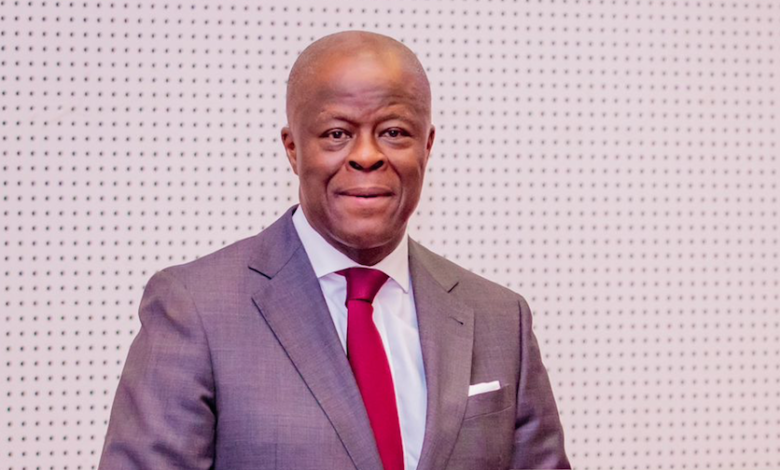
President Bola Tinubu’s N49.7 trillion 2025 budget was built around optimistic assumptions—chief among them, crude oil selling at an average of $75 per barrel. Fast forward to the present, and global market realities have pulled the rug out from under that estimate. As of yesterday, crude had dropped to $64.99 per barrel, raising red flags about Nigeria’s fiscal outlook.
While this might ring alarm bells in some quarters, government officials remain calm, insisting there’s no immediate reason to panic. The budget, they say, is backed by multiple revenue sources beyond oil exports.
When President Tinubu unveiled the budget in December 2024, key economic forecasts included:
-
Crude oil output: 2.06 million barrels per day
-
Benchmark oil price: $75 per barrel
-
Inflation forecast: Decline from 34.6% to 15%
-
Exchange rate projection: ₦1,500/$1, improving from ₦1,700/$1
However, those projections now face scrutiny due to the unpredictable swings in global oil prices, driven largely by escalating trade tensions and shifting energy policies around the world.
Experts Warn of Revenue Shortfall and Rising Deficit
Speaking to reporters, economist and energy analyst Marcel Okeke didn’t mince words. “Let’s face it—the assumptions behind this budget are now shaky,” he said. “Roughly ₦20 trillion in projected revenue depends on oil. If prices fall below the benchmark from day one, then we’re looking at a growing deficit.”
Okeke emphasized that the global market is caught in a storm of uncertainty—partly influenced by former U.S. President Donald Trump’s push to make America a top oil exporter, and partly due to ongoing global tariff wars. “In a country like Nigeria, which relies heavily on imports, weaker foreign exchange inflow spells trouble,” he noted.
Budget Performance Hinges on Revenue, Says Financial Expert
Echoing similar sentiments, Professor Mufutau Ijaiya, a financial policy expert, argued that budget success is directly tied to revenue stability. “If the funds don’t come in as planned, projects won’t be executed. It’s that simple,” he said.
Ijaiya urged the government to revisit its spending priorities and reduce waste. “This is why diversification is no longer optional. We can’t afford to keep all our eggs in the oil basket,” he warned. He also called for better fiscal discipline—cutting down on governance costs and plugging known revenue leakages.
An anonymous official from the Ministry of Budget and Economic Planning maintained a positive stance in a chat with Daily Trust. “Oil prices fluctuate. That’s nothing new. What matters is having a strategy to adjust when needed,” the official explained.
According to the source, when crude prices dip below budgeted estimates, certain capital projects may face delays, but the government remains capable of staying afloat. “We have other streams of funding, and when oil prices exceed the benchmark, the surplus goes into the excess crude account,” he said.
Nigeria’s Oil Output Shows Promise Despite Global Challenges
Despite the pricing slump, Nigeria’s oil production is showing signs of recovery. In January 2025, the country pumped out an average of 1.737 million barrels per day (bpd), including condensates—up from 1.667 million bpd in December 2024. That’s a 4% month-on-month growth and a 5.7% year-on-year increase, according to the Nigerian Upstream Petroleum Regulatory Commission (NUPRC).
Even more encouraging, this output exceeded OPEC’s quota of 1.5 million bpd, though still trailing behind Nigeria’s own ambitious 2025 target of 2.1 million bpd.
Gbenga Komolafe, NUPRC’s Chief Executive, highlighted recent efforts to boost production, including the allocation of 25 new oil blocks in late 2024. “Expanding our reserves and production capacity is essential, and licensing rounds are a critical step,” Komolafe told the Senate Committee on Appropriation.
Shell and Experts Suggest Investment-Friendly Reforms
Ronald Adams, Managing Director of Shell Nigeria Exploration and Production Company (SNEPCo), believes Nigeria can hit its oil production targets—if it sticks to investor-friendly policies.
Energy lawyer Dr. Ayodele Oni echoed this view, urging the federal government to pressure new oil field owners to ramp up output. “Production must align with policy ambition,” he said.
Nigeria’s 2025 budget may be sailing through choppy waters, but with increased oil output, renewed licensing efforts, and a push for economic diversification, the ship isn’t sinking just yet. The coming months will be crucial in determining how the government balances its lofty projections with on-the-ground realities.
